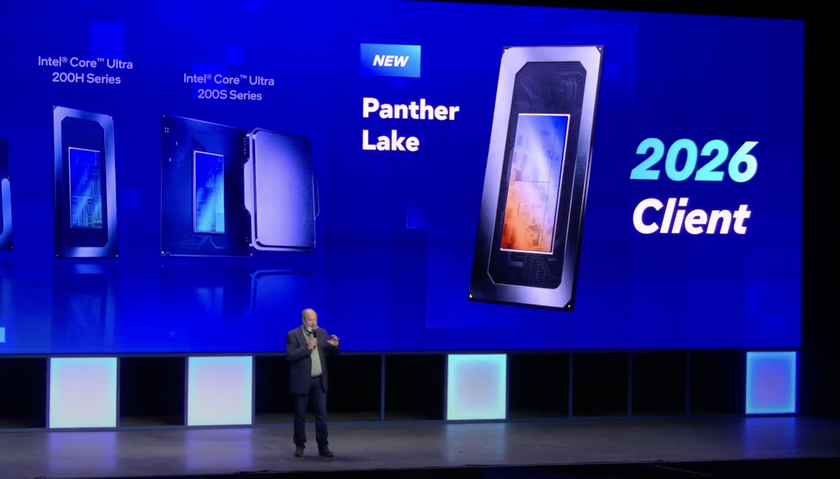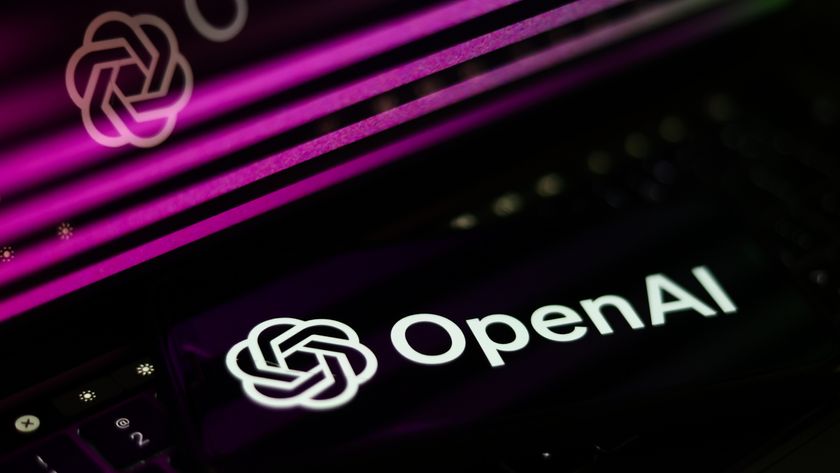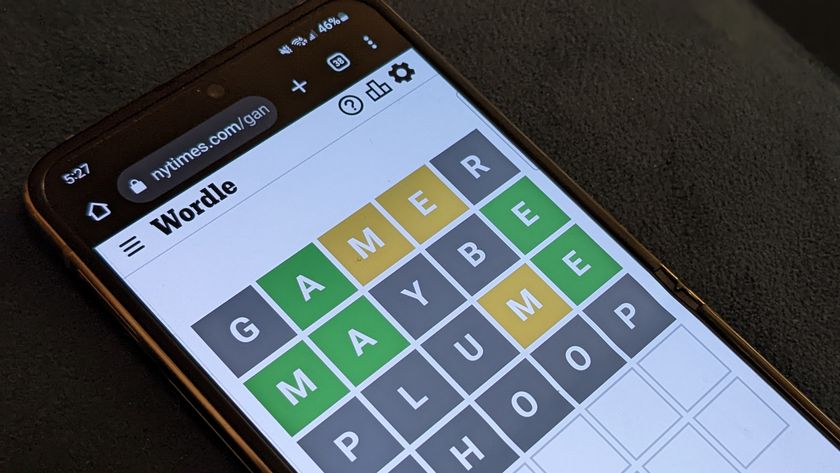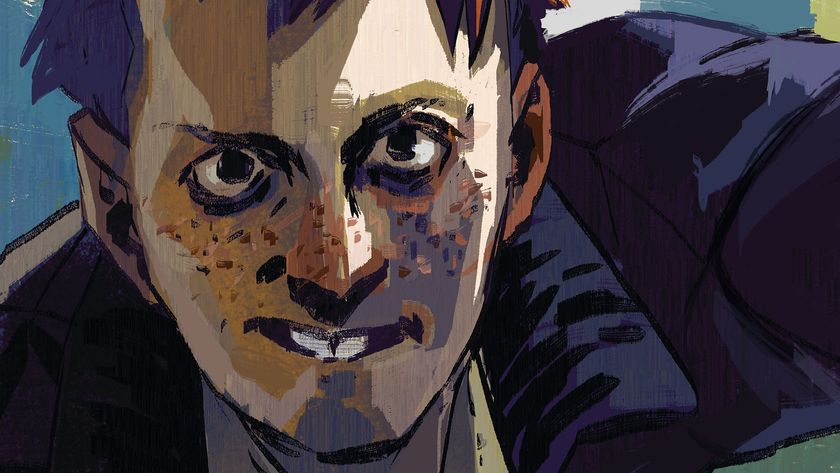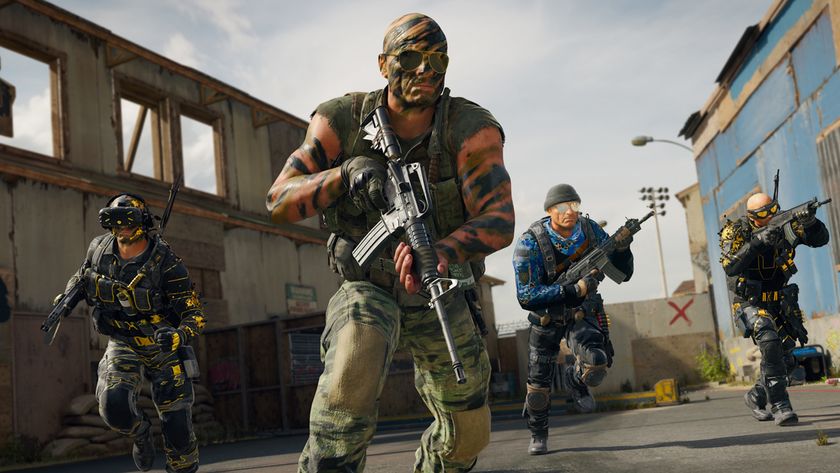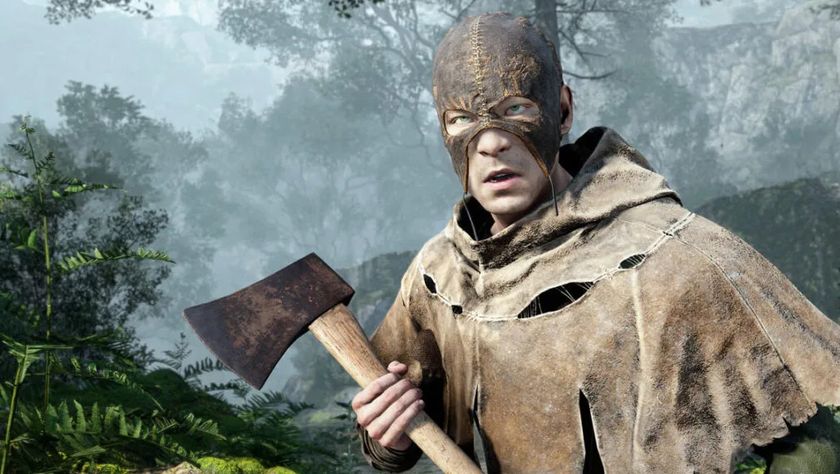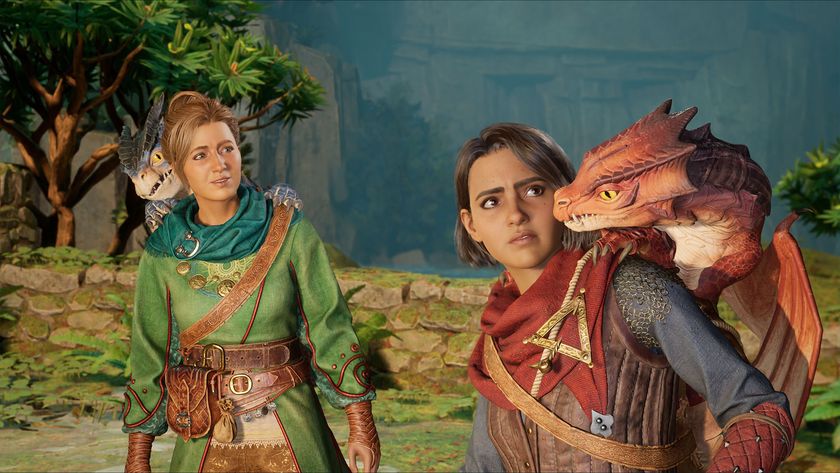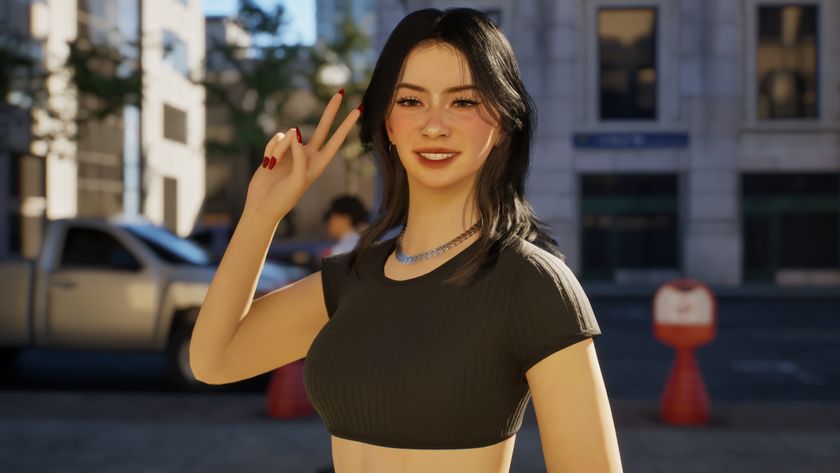Ubisoft's games are actually political, says CEO
But they're impartial.
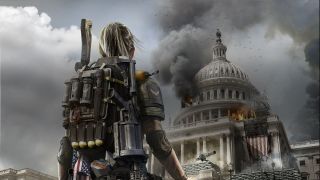
The Division 2, set in the aftermath of a terrorist attack, in the capital city of the United States, while the remnants of a corrupt government engineer a second Civil War, is not political. That was the message from creative director Terry Spier in an interview with Polygon during E3. It seemed to run contrary to everything we’d been told about the game, however. Now Ubisoft CEO Yves Guillemot has responded to the criticism with a different message.
Ubisoft games are, in fact, political. But they’re also politically neutral.
This isn't the first time that Ubisoft has backed away from themes that seemed pretty clear from the outset. Far Cry 5 was heavily criticised (including by us) for how its marketing and premise hinted at social commentary and weighty themes but failed to say anything about them, while The Division’s facsimile of New York could be read as a critique of capitalism, consumerism and class prejudice, but doesn’t actually explore these themes in a meaningful way.
“Our goal in all the games we create, is to make people think,” Guillemot told The Guardian. “We want to put them in front of questions that they don’t always ask themselves automatically. We want players to listen to different opinions and to have their own opinions. Our goal is to give all the tools to the player in order for them to think about the subjects, to be able to see things from far enough away.”
This does raise a few questions. How does this apply to Far Cry 5, for instance? How can you be impartial about murderous cults? And what about The Division 2? Will we learn that the tyrants who want to start Civil War 2 actually really just want what’s best for America? In the case of the former, it's not impartiality, it's deafening silence. With Division 2, we'll need to wait and see.
Guillemot believes that the interactivity and element of choice inherent in most games, especially Ubisoft’s open-world romps, means that it’s the designer's job to create different paths and different consequences, not make statements. It’s a strange objective because it seems to imagine a world where you can’t give players lots of choices and say something at the same time, when you demonstrably can.
Here’s the thing: I don’t think The Division 2 is really going to present a multitude of political opinions with complete neutrality. It’s not going to be able to avoid making some statements, even if it avoids a meaningful critique of modern American politics. Instead, this sounds a little like avoiding responsibility. Ubisoft gets to play with themes and settings without making anyone uncomfortable.
The biggest gaming news, reviews and hardware deals
Keep up to date with the most important stories and the best deals, as picked by the PC Gamer team.
Despite this, Guillemot’s long-term goal does sound admirable, even if I don’t think Ubisoft’s going about reaching it in the right way.
“The long-term goal is, why not simulate other ways to live and to work and behave together in video games so that people can experiment with them—to see if it works or not. It’s the same with technology. The goal is to test new things because as tech is changing, video games can have a chance to experiment with what will happen in the future. You’ll be able to see it in a video game, so you’re aware of what may happen.”

Fraser is the UK online editor and has actually met The Internet in person. With over a decade of experience, he's been around the block a few times, serving as a freelancer, news editor and prolific reviewer. Strategy games have been a 30-year-long obsession, from tiny RTSs to sprawling political sims, and he never turns down the chance to rave about Total War or Crusader Kings. He's also been known to set up shop in the latest MMO and likes to wind down with an endlessly deep, systemic RPG. These days, when he's not editing, he can usually be found writing features that are 1,000 words too long or talking about his dog.
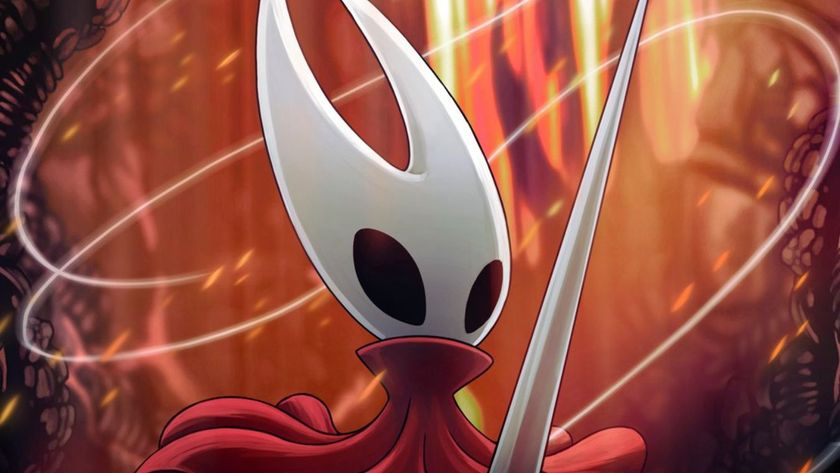
Hollow Knight: Silksong returns as the #1 wishlisted game on Steam after Inzoi's release—but is it just keeping the seat warm after 6 years of slowly-gathered hype?

One year after surprise launching viral hit Content Warning, Landfall does it again with lightspeed running roguelike Haste

